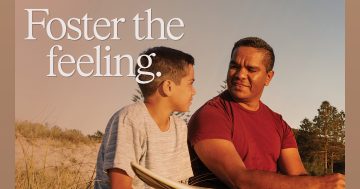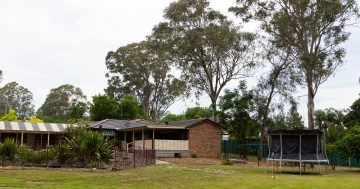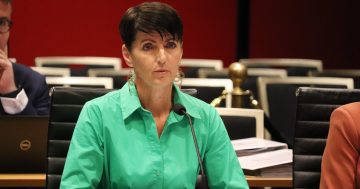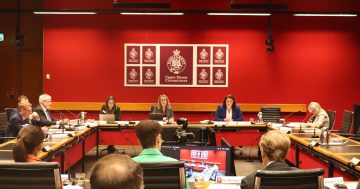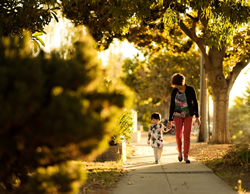 The Department for Child Protection has joined with Life Without Barriers to expand a new foster care program aimed at helping to keep siblings and carer families connected, creating a network of ‘extended family’ and providing additional support for South Australian carers.
The Department for Child Protection has joined with Life Without Barriers to expand a new foster care program aimed at helping to keep siblings and carer families connected, creating a network of ‘extended family’ and providing additional support for South Australian carers.
The Department said the new foster care program, known as the Mockingbird Family program, creates ‘constellations’ of up to 10 foster or kinship carer families who live in a similar area and act as a support network and community.
It said the constellation operated like an extended family and the hub home like a grandparent’s house that is familiar and comfortable.
“The ‘hub home’ provider supports children, young people and carers by coordinating monthly gatherings for connection and training and supporting family relationships,” the Department said.
“This innovative program helps provide stability for children and young people and care and respite for carers by fellow carers,” it said.
The Minister for Child Protection, Katrine Hildyard said being a carer was rewarding but also incredibly challenging.
“We often hear from carers that some of their most meaningful and effective support comes from other carers, and this is exactly what the Mockingbird Family program provides,” Ms Hildyard said.
“Having visited several ‘constellations’ and ‘home hubs’, it is clear that the deepening of relationships through the hub is of extraordinary benefit to carers and children,” she said.
“The program is so important in creating bright, connected and supportive futures for children and young people and in helping carers to support each other and undertake the carer role in an enduring way.”
Director of Life Without Barrier’s Child, Youth and Family Services in SA, Simone Mather, said the model provided support, connectedness, and friendships for foster carers across a local geographical area.
“This peer-support model has significantly benefited foster carers, children, and young people,” Ms Mather said.
“It essentially acts as an extended family, with multiple family units coming together to support one another,” she said.
“The wrap-around approach offers a greater sense of safety, support and stability, and children remain connected to their community,” Ms Mather said.


